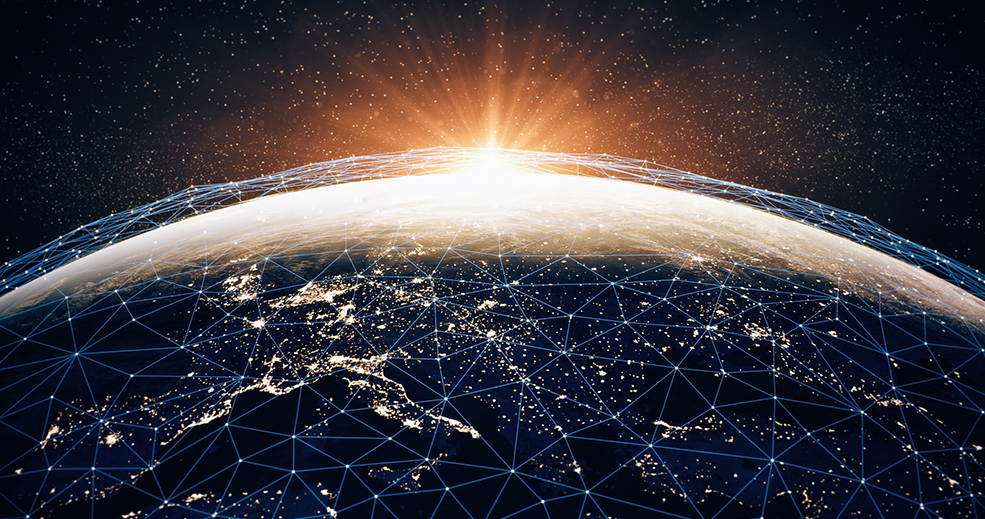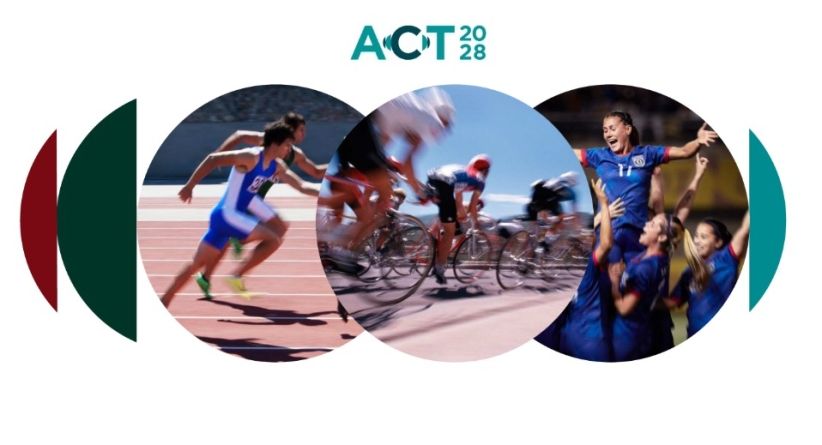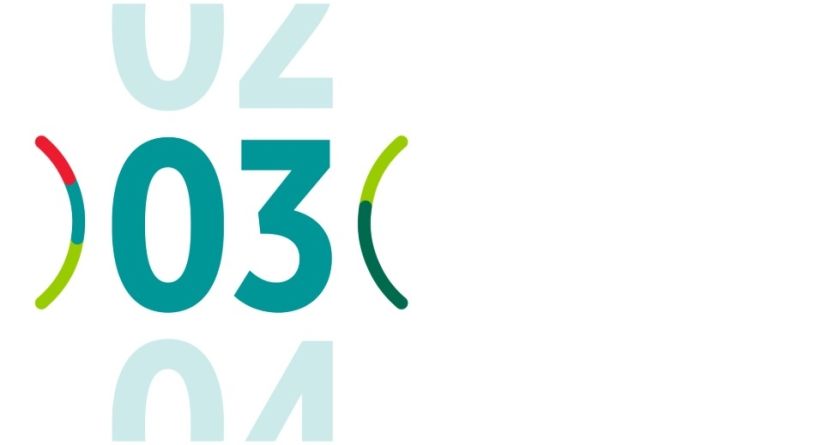
The vision of a flat world*, without borders and powered by globalisation, now seems to be a thing of the past.
The Covid pandemic and subsequently the war in Ukraine have jammed the well-oiled wheels of globalisation, revealing the flaws in the “Lego set” production system that makes up global value chains. All manner of shortages, lengthening delivery times, supply disruptions, logistical problems and congestion at ports have raised awareness of weaknesses arising from the extreme fragmentation of production processes and their globally networked nature, to the point of calling into question the future of globalisation.
And yet, after reaching something of a peak just before the 2008 financial crisis, international trade, which had been growing twice as fast as global GDP, has slowed sharply so that it is now growing at about the same rate as GDP. It is thus difficult to speak of deglobalisation, though the slowdown in global trade does mark the end of a period of hyper-globalisation characterised by the inexorable extension of value chains against the backdrop of an insatiable quest for efficiency.
At a time when some are calling for the world to be “relocalised”, we should also remind ourselves that specialised production on a global scale has been both a driver of development for all emerging countries, which have gradually inserted themselves into international trade, and a source of substantial efficiency gains redistributed to western households in the form of purchasing power.
However, with global geopolitics increasingly fragmented and polarised, synonymous with growing dissension in international relations, Europe is in the process of rethinking its trading relationships with a fresh emphasis on issues of security in the service of economic sovereignty. The alarm was sounded in 2018 when Europe found itself hostage to the trade war between the US and China, the two great strategic rivals battling it out for world domination. Since the outbreak of war in Ukraine, the European Union has been paying a heavy price for its reliance on Russian hydrocarbons, with European competition commissioner Margrethe Vestager saying it was “greed” that led the bloc to put itself entirely at the mercy of an unpredictable power for the sake of having access to the cheap energy that is the foundation for its industrial competitiveness.
Faced with this multipolar world under strain, Europe is now advocating for open strategic autonomy so it can continue to leverage the benefits of open trade and international cooperation at the same time as staunchly defending its interests and values. This concept of strategic autonomy is the modern version of economic sovereignty, revolving around a desire to secure supplies of goods considered essential in key sectors where security objectives are of prime importance. In practice, this means identifying critical fields, technologies and sectors and harmonising industrial, trade and competition policy to reduce dependencies and guarantee fair and equitable trade while continuing to influence international norms and standards that take account of environmental and social requirements. While open trade is not in doubt, the return to power plays and the increasingly fragmented nature of the world, with the formation of blocs of influence, plead for a shift towards shorter and more regional supply chains. For Europe, this means deepening the Single Market, which is about not only competition but also solidarity, and bolstering European value chains to promote local relationships and reliability. Outside Europe’s borders, there is talk of “globalisation among friends”, with a clear intention to moralise globalisation such that trade is synonymous with respect for fundamental western values while still being rooted in the choice of trusted partners and mutual dependencies. As regards trading relationships with third countries, the goal now is to strike a new balance between the quest for efficiency that spurred the development of global value chains and the resilience needed to avert the risk of supply disruption. Steps that could help protect trade include further diversifying supply sources, reducing the number of links in value chains so they can more easily be controlled, and building up buffer stocks. In other words, the reconfiguration of trading relationships will be guided by security concerns, with an emphasis on localness and reliability, so as to avoid asymmetric dependencies that could be weaponised for political purposes.
* Thomas L. Friedman, “The World is Flat: A Brief History of the Twenty-First Century”, 2006.







